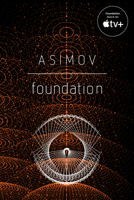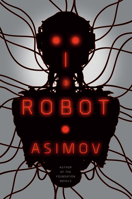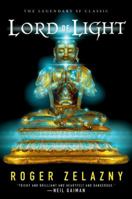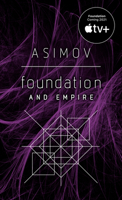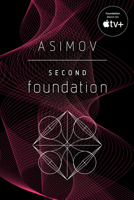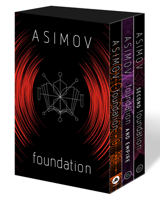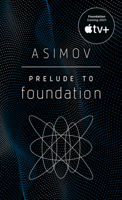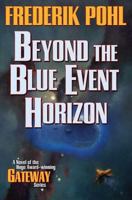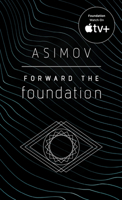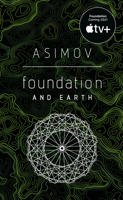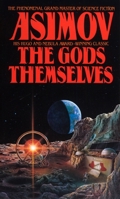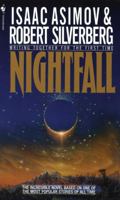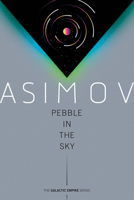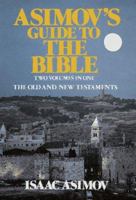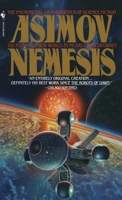Star Wars: Assault at Selonia
(Book #2 in the Star Wars: The Corellian Trilogy Series)
Select Format
Select Condition 
You Might Also Enjoy
Book Overview
Imprisoned on the planet Corellia, Han Solo finds himself at the mercy of his evil cousin, Thracken Sal-Solo. Thracken plans to restore the Imperial system and seize total power -- no matter what the cost. Han has one chance to stop him. But to do so he must turn his back on his human cousin and join forces with a female alien. Dracmus was arrested as a ringleader in a plot against the corrupt Human League. Now she and Han will attempt a daring escape to Selonia in time to warn Leia, Luke Skywalker, and Lando of Thracken's plan. But can Han trust the alien to keep her word? Meanwhile, other questions threaten the New Republic -- and the lives of millions. Who is behind the deadly Starbuster plot? Why is someone attempting to take possession of Corellia's powerful planetary repulsors? And what is the secret behind the mysterious Centerpoint Station, and ancient, artificial world of unknown origin that has suddenly -- and inexplicably -- come alive? This description may be from another edition of this product.
Format:Paperback
Language:English
ISBN:0553298054
ISBN13:9780553298055
Release Date:June 1995
Publisher:Random House Worlds
Length:289 Pages
Weight:0.39 lbs.
Dimensions:6.8" x 0.8" x 4.1"
More by Isaac Asimov
Born Isaak Yudovich Ozimov in Russia in about 1920, Isaac Asimov is well known for his science fiction and popular science books. He also wrote mysteries, fantasy, and works on Shakespeare, mathematics, and the Bible. Asimov's family emigrated to the United States when he was a toddler, and he b... Learn More About This Author
Customer Reviews
8 customer ratings | 5 reviews
There are currently no reviews. Be the first to review this work.













